A conversation on racial inequalities and education outcomes
Dr. Alex Gee, Kaleem Caire and Dr. Courtney Bell participate in a Wisconsin in Black & White roundtable about effects of racial inequality on education and work to expand student opportunities.
By Murv Seymour | Here & Now
September 27, 2023
VIDEO TRANSCRIPT
Editor's note: If you have watched this or any other Wisconsin in Black & White report, please share your feed back in a survey at pbswisconsin.org/wibw-survey. Thank you.
Murv Seymour:
We continue our reporting on race and education in the state of Wisconsin here from the campus of the University of Wisconsin in Madison. Here to continue the conversation, we're joined by Dr. Alex Gee from the Nehemiah Center for Urban Leadership and Development. Mr. Kaleem Caire, Superintendent of One City Schools here in Madison, and Dr. Courtney Bell, who is the director of the Wisconsin Center for Educational Research. As I've traveled and talked to folks across the state about this issue, I get the sense that it's a very touchy subject. Is there something to that?
Dr. Courtney Bell:
Race is a touchy subject in the United States. I think, when we think about systemic racism, which exists in education, we think about these sort of interlocking layers of systems and policies, right? So, you only need to think about how do we draw the district boundary, and the way that interacts with the neighborhoods, the neighborhood attendance zone, the teachers the school can attract, the outcomes that then wind up in that neighborhood, that those are interlocking systems. So, it is contentious, I think partly because people do care, but the persistent inequalities are hard to look at in this state, in particular.
Murv Seymour:
Dr. Gee, why are people afraid to talk about this?
Dr. Alex Gee
Because I think it's difficult to face up to the culpability. We like to quote statistics, but we don't really want to look at our ownership in the problem or why we've allowed it to persist. In educational services systems, we want to fight against racism, but when we don't properly address it, the educational systems themselves become breeding grounds for racism. And I think we just like to pass the buck to someone else without taking full responsibility.
Kaleem Caire
I think they're both absolutely spot on, but I also think that we have divorced ourselves from the problem. That it is not only something that I'm embarrassed or don't want to be culpable in, but it's been persistent for so long, and if I know about it, I'm tired of hearing of it, and so, it brings me down. I've heard people say that, like, "I can't focus on the problem 'cause it just brings me down. 'Cause it's like we've not solved it, it's not gonna be solved." And so, I think there's a lot of hopelessness. I also think that we also live in a state that, by and large, has been privileged for a very long time, particularly in the area where we are in Madison. And so, when you're privileged, and things are going okay, and you don't have to focus on the issue, you act like it doesn't exist.
Murv Seymour:
But this lack of success that we're seeing, is it more to blame on the teachers, or is it more to blame on students?
Dr. Alex Gee
I think there's enough blame to go around, actually. But I think, if we ignore the systemic issues, and only point fingers to the parents, the students, teachers, not look at the larger issue, I think we continue just to kick the can down the road. And so, I think we have to look at really how we got here. I think what makes it even more difficult is that education has been deemed the great equalizer. Education is what brings you into the mainstream, and it keeps you from being discriminated against. It keeps you from being poor. And when that system that's meant to elevate us is keeping certain people down it's the antithesis to what we think of when we think about education. And then, we have to really begin to ask ourselves real tough questions. But we're trying to educate children in a system, in a world, in a reality where there's so much brokenness and pain, and disregard for who they are, their pain, and their culture. So, I think we really need an overhaul in how we even look at what education means for us.
Murv Seymour:
And we know a lot of times we find solutions looking at other communities, other school districts, things like that. Dr. Bell, we know you work across the world, the country, looking at different ways people do research to solve these kinds of issues. Is there any district out there anywhere that's doing things well in terms of addressing these issues with Black and brown students falling behind?
Dr. Courtney Bell:
You know there are success cases. My colleague Gudiel Crosthwaite is the superintendent in Lynwood Unified, which is in LA. They have community-based schools. They have colleagues of color, professionals of color in those school buildings. Not only colleagues of color, but some. They are committed. They believe that all those kids can learn. They have tons of AP courses in those high schools. They are starting with early Pre-K. And so, they hold them tight, and they treat them with dignity, and those families with dignity the whole way up.
Murv Seymour:
Now Kaleem, you've built a pretty unique environment in One City. What are some of the things that you're doing that you feel like other districts can learn from?
Kaleem Caire
Well, there's quite a few things. First and foremost, it's the number of our young people that are coming to us who are so far behind academically. Doesn't matter the grade level that they're at, but it's even more depressing when they come to you in 9th and 10th grade and who have a... We have a third of our kids are at the — somewhere between 1st and 4th grade level in math and reading. It's like you just pass them along to 9th and 10th grade without intervening to address their real core challenges. First six to eight weeks, we get to know our kids. Then we pivot 'cause we see where they're at. We test 'em, we look at what they're, how they interact in school, how they show up as students every day. And two hours in the morning students are in math. Two hours in the afternoon, they're in language arts, and it's not just instruction all day. The first part of that is instruction at their level. And then we bring in tutors that we've trained. We've trained over 50 tutors to come in, and work with them one-on-one, no more than one-on-two to help them to get up to grade levels. So we have a personalized learning environment for them so we can move them forward. So we won't be passing kids in our school forward to 9th and 10th grade who aren't ready to be there.
Murv Seymour:
Dr. Gee, you've got one superpower I'm gonna give you to fix this problem. What are you gonna do with it?
Dr. Alex Gee
We've got to really embed the importance of helping students to... and I'll speak specifically to our work with African American children with really understanding and appreciating the culture. You know, if we were to go back in time 60 years ago, we would not be having this conversation. Black people were going to historically Black colleges and universities. Building historically Black colleges and universities, building churches and businesses, highly successful educationally with integration. And one of my mentors, and she probably has mentored all of us, Dr. Gloria Ladson-Billings has always said, "But, Alex, remember, with integration, 30,000 Black teachers lost their jobs 'cause they did not, they were not integrated."
Murv Seymour:
That's right.
Dr. Alex Gee
Black students were, Black teachers weren't, and many of them became domestics. And so, we have to understand that this is somewhat new. Because again, 60 years ago, we weren't saying, "How do we educate our Black children?" We were probably asking, "How do we vote?" But Black children were becoming dentists and doctors and nurses and professors, and then something happened. So my superpower would be, let's get them in places where teachers can relate to them, understand them, celebrate them, and where they see themselves in textbooks. I came to Madison advanced in 2nd grade, but I had a Black teacher in 1st grade who told me I was gonna be the president of the United States. She's 102 years old, and we're still pen pals. We're talking is if we have to fix Black children. What we have to really ask ourselves is, "How are we breaking Black children?"
Murv Seymour:
So, we know most parts of Wisconsin have a very tiny population of students of color, if any at all. So when you talk about the folks that sit at home right now, and say, "This has nothing to do with me." How do we get those folks to have a stake in this game to make things better?
Dr. Courtney Bell:
I'd like to go back to something that was said earlier about the function of education in, and I'll say, a democracy. This affects all of us, every single one of us, no matter what our racial background is, no matter where we live. If we do not have democracy, that functions with civility, where people can consider issues of science in the public domain of policy around all manner of things: housing, power, you name it, all the things, social services, farm subsidies, whatever it may be. We need an educated citizenry. That's what the country was founded on. So for me, this is about all of us. These are all of our children; this is our country.
Kaleem Caire
And I would say America's at risk. If you produce children who lack an interest, and passion to solve the big problems of today and tomorrow, who's gonna be there to solve them? We have to focus on education and make it, I believe, our number one priority in this country. And if we want a country that's not divided, we also have to have a education that unifies people rather than divides them. And so if we do those things, we'll succeed. If not, you know, our demise is we already have signs of what it will look like.
Dr. Alex Gee
If we don't learn how to work together, and work for and with, be educated by, and educating people who don't look like us, we can't fool ourselves in thinking that we're ready for a global market, that we want to compete in the global market. And so, we can't boast of having world-class school districts or universities if we don't know how to talk to people who are from our own state who look different. And so, I think we have to own the broader problem. Otherwise, we can't boast in producing people who can compete internationally for jobs, or awards, or opportunities.
Murv Seymour:
We'll have to leave it there, Dr. Gee. Thank you, sir.
Dr. Alex Gee
My pleasure.
Murv Seymour:
Kaleem Caire, thank you.
Kaleem Caire
Thank you.
Murv Seymour:
Dr. Courtney Bell, we appreciate you. And we thank you folks at home for joining us as well.
Editor’s note: If you have watched this or any other Wisconsin in Black & White report, please share your feed back in a survey at pbswisconsin.org/wibw-survey. Thank you.
 Passport
Passport




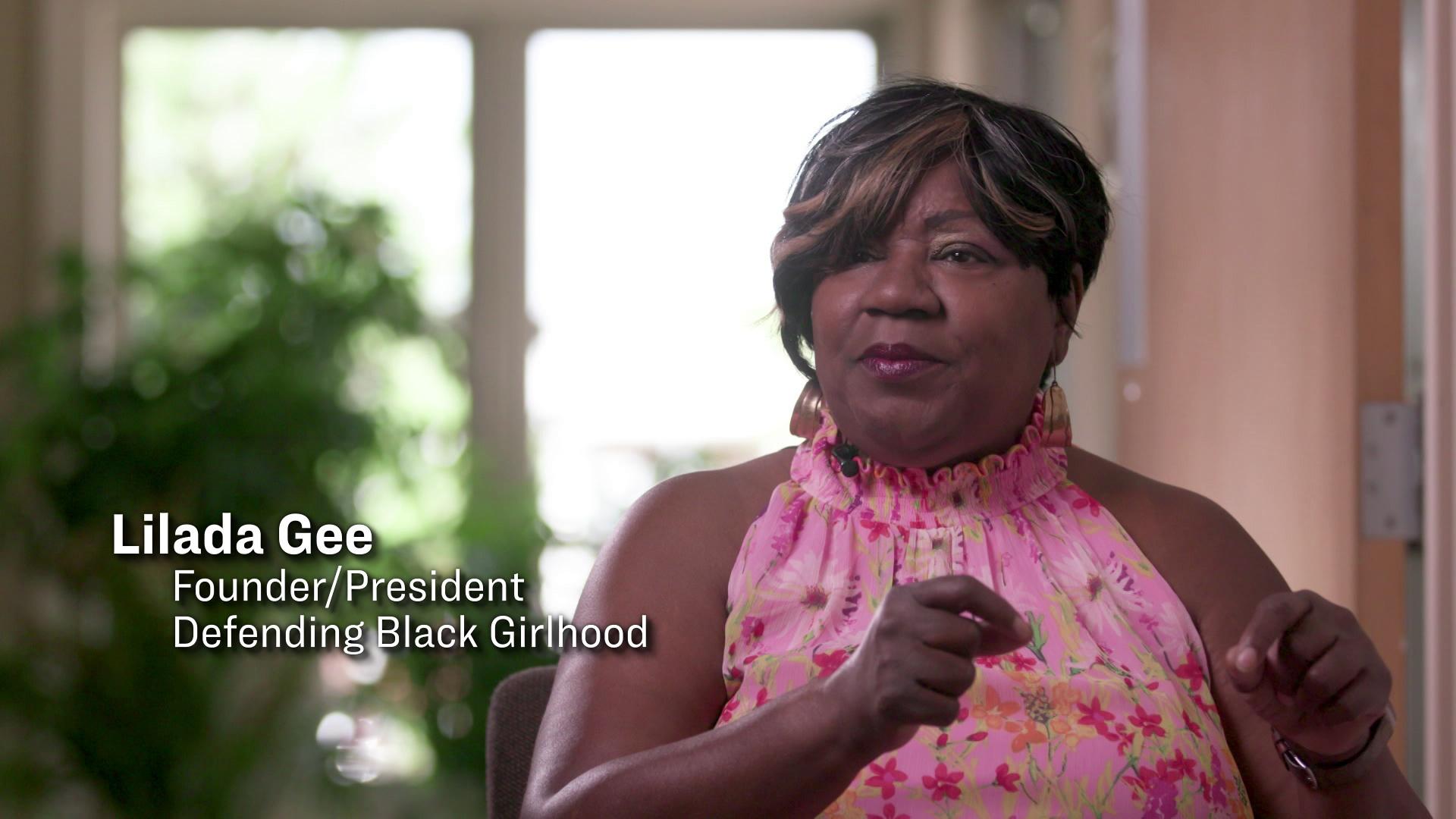
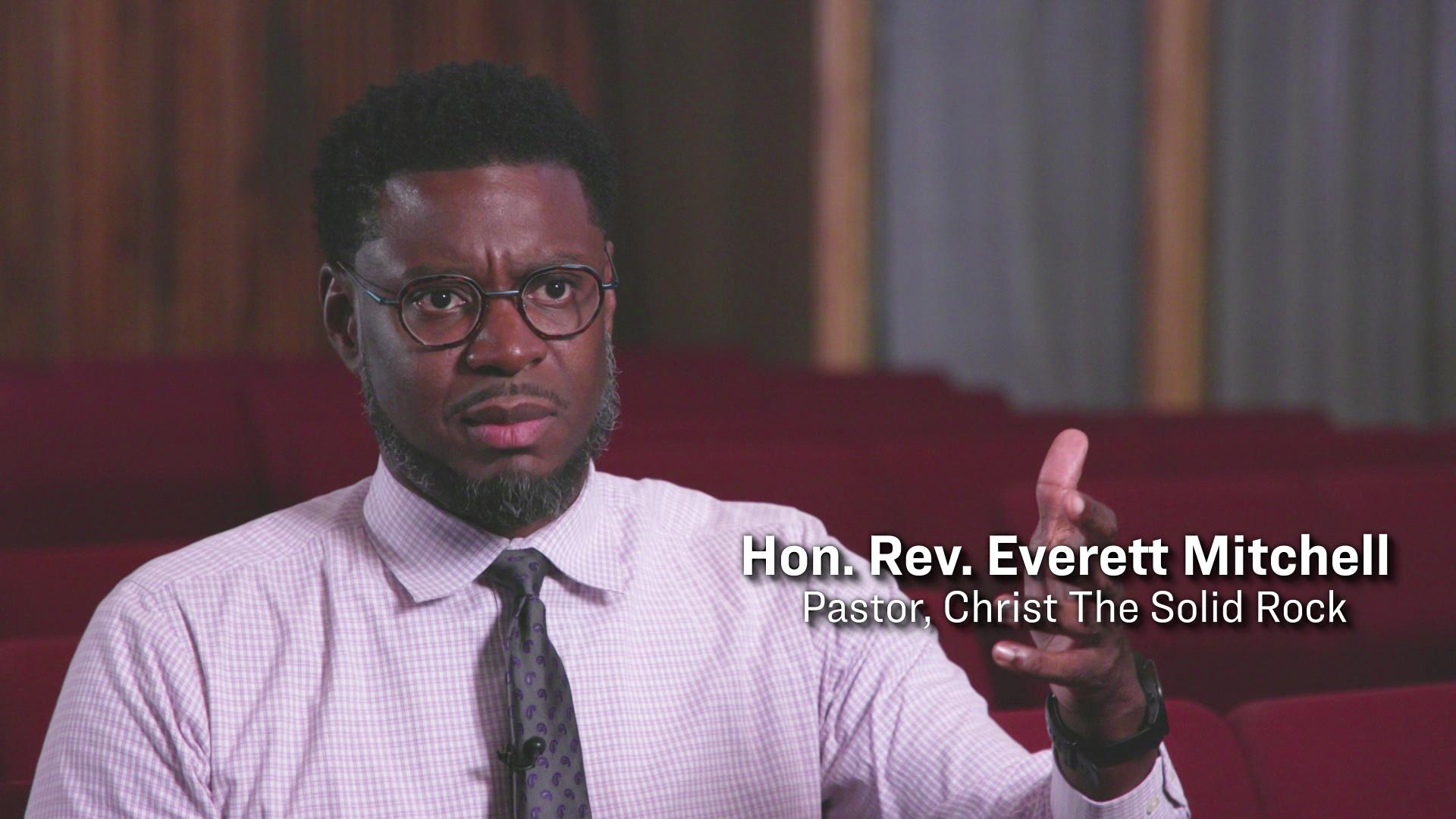
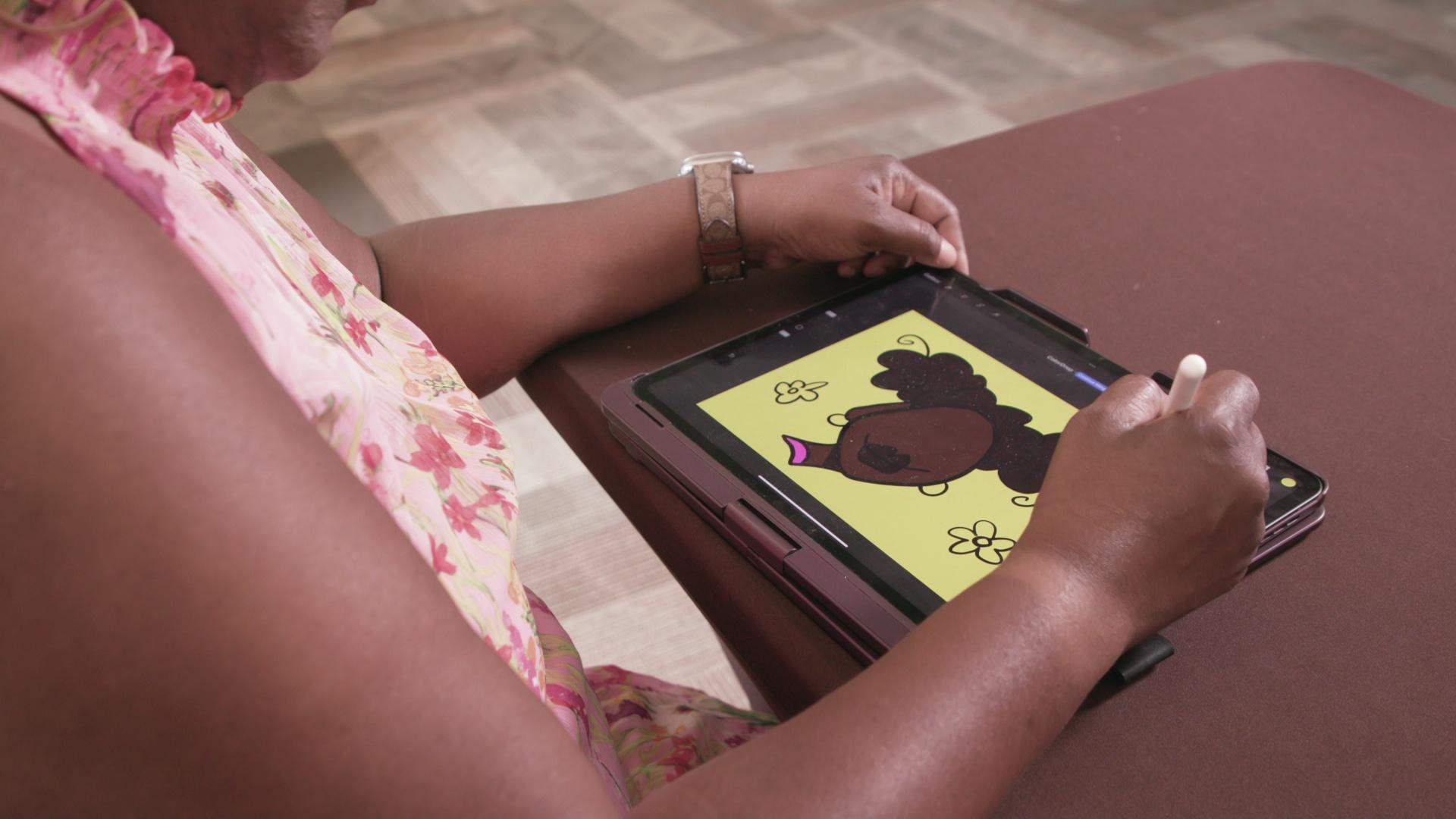
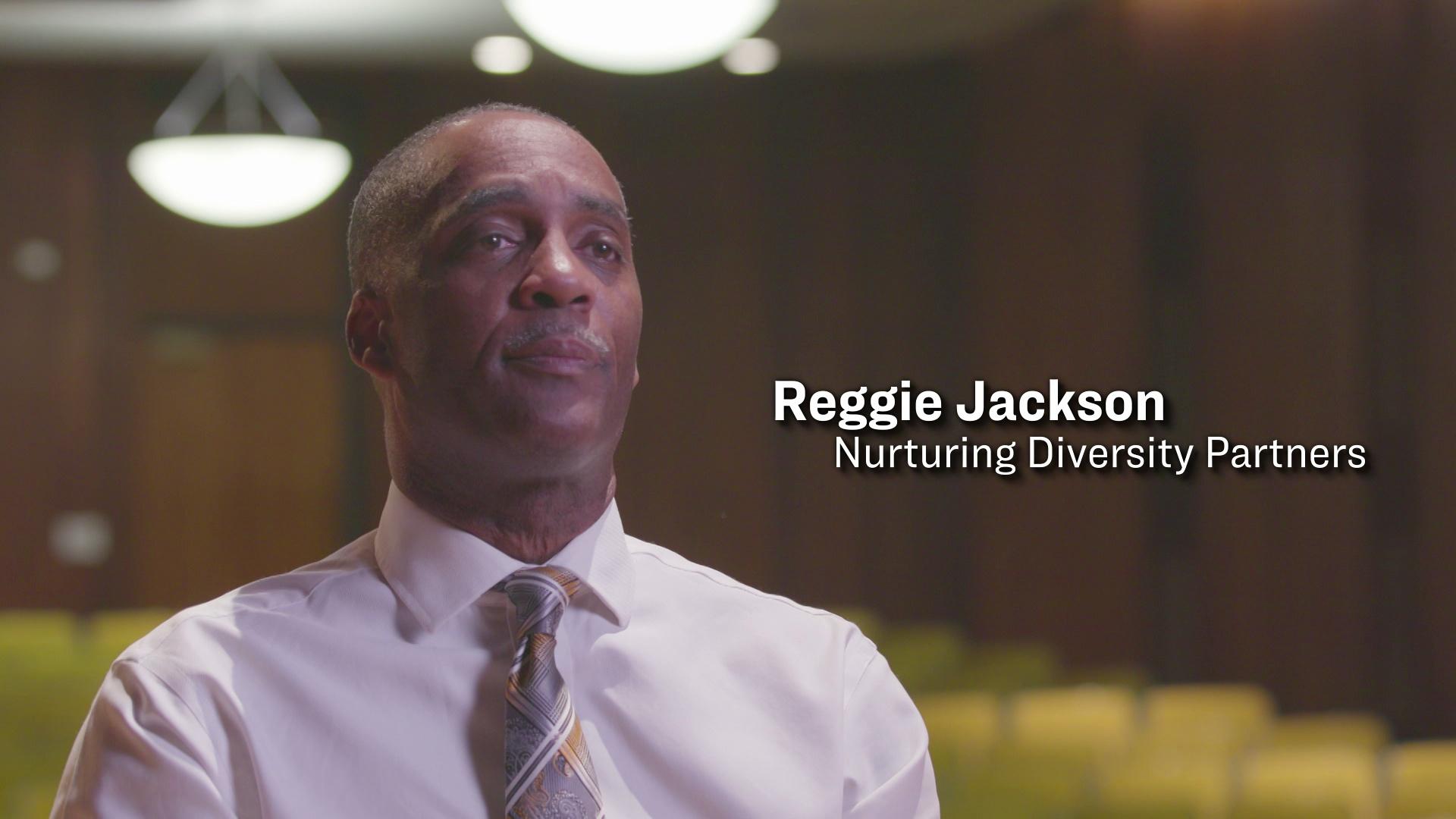
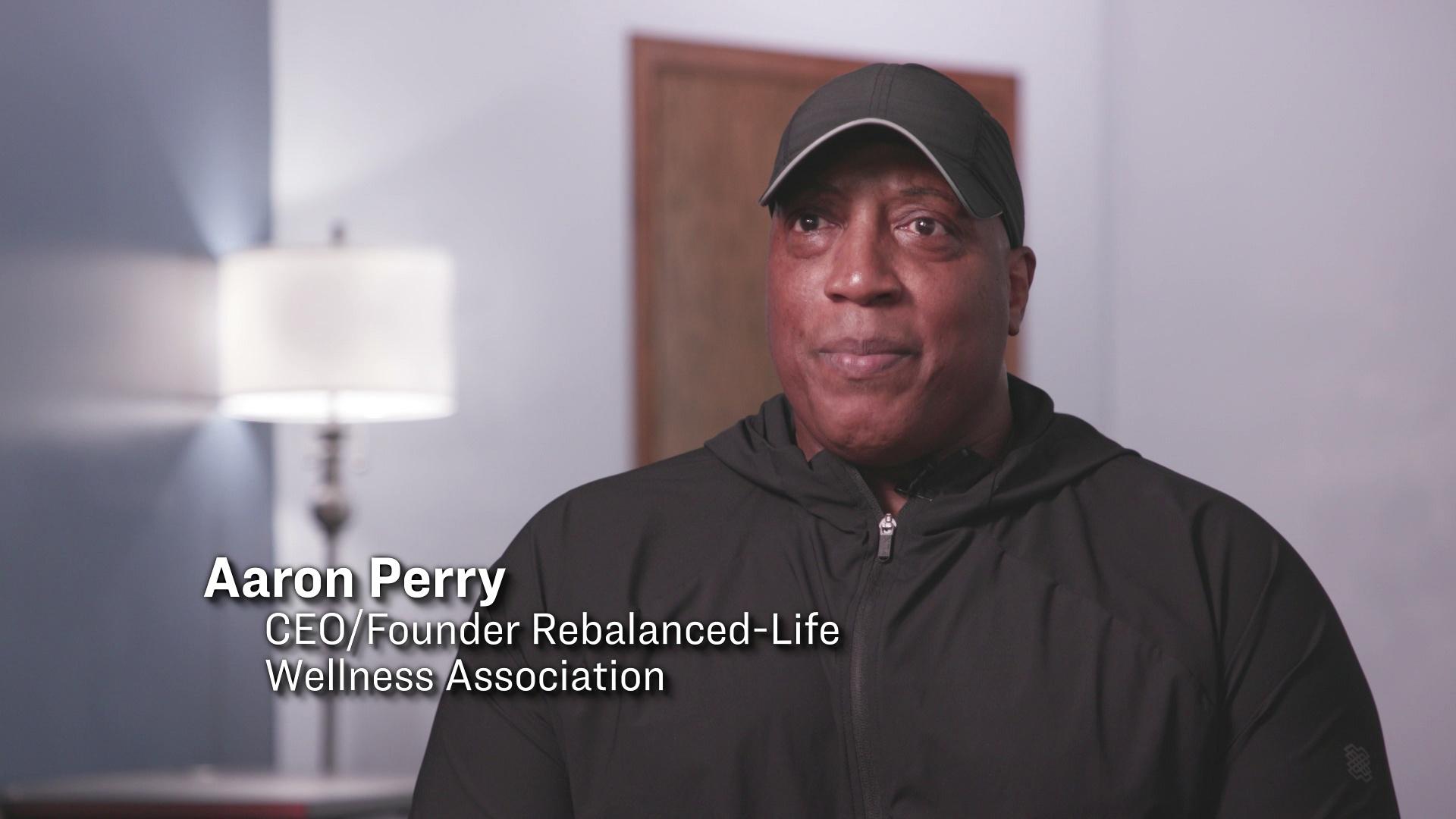
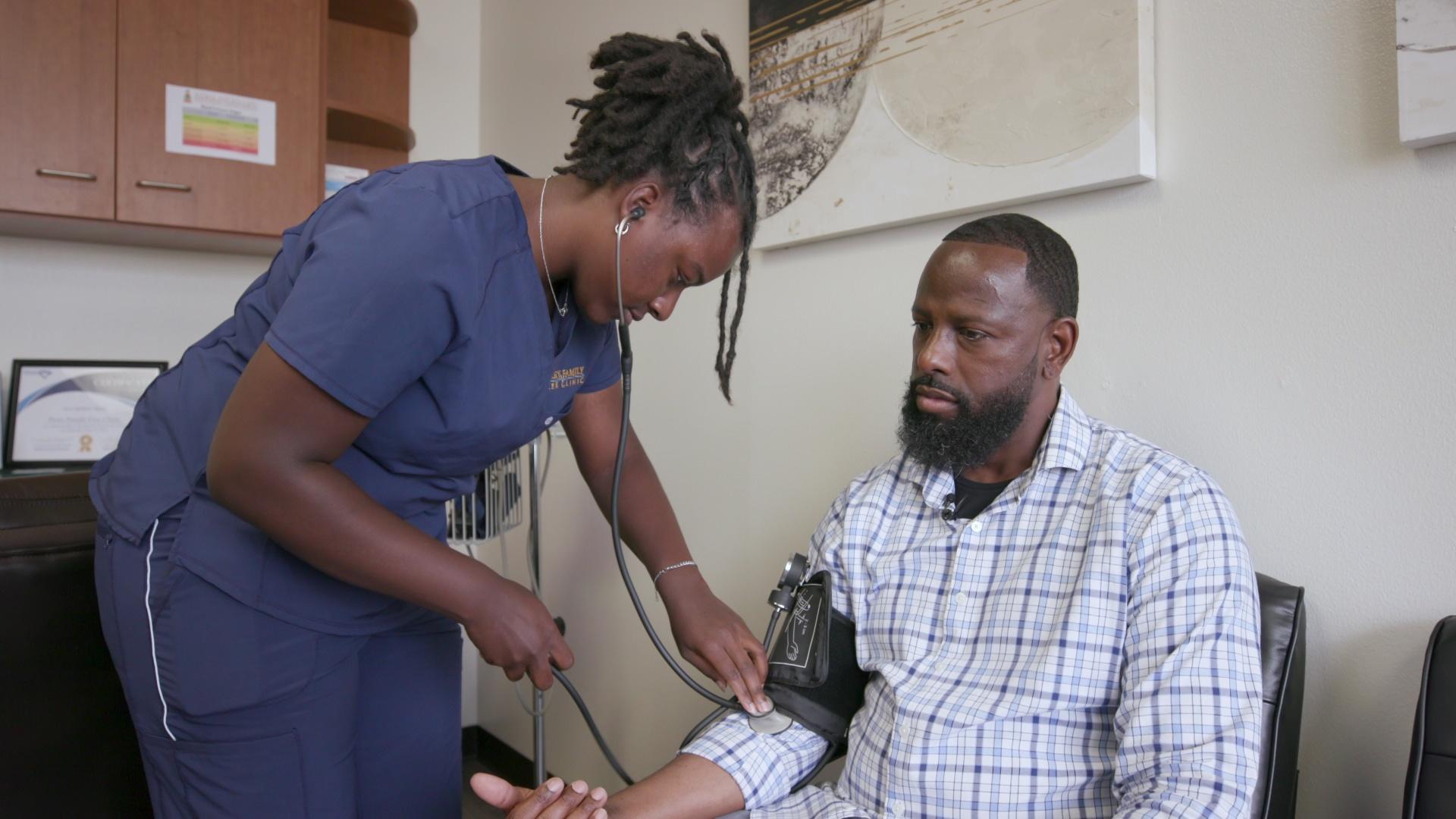

Follow Us